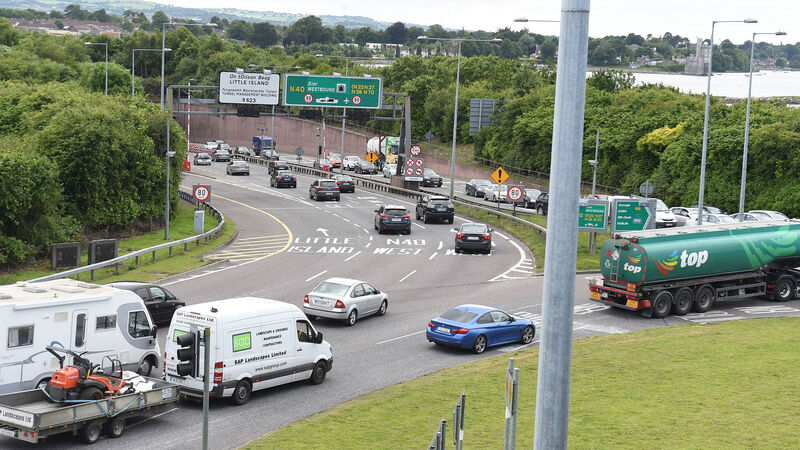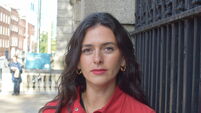Congestion charges 'will be welcomed once in place'

The DCU conference was told that politicians don't want to lead the conversation around congestion charges, despite the growing body of evidence supporting their effectiveness.
Congestion charges in the country's cities will have to be brought in eventually and will be welcomed by the majority once in place, according to an official in the Department of Transport.
That is despite Taoiseach Leo Varadkar last week saying the charges will not be introduced in the lifetime of the Government or in the near future and the official's own line minister also distancing himself from them.
Aoife O'Grady, head of the Department of Transport's Zero Emissions Vehicles section, told Dublin City University's (DCU) Centre for Climate Change annual conference that while people are resistant to measures such as congestion charges before they are introduced, when they are, they soon get popular approval.
"You will never get agreement to a congestion charge before you introduce it, but after you introduce it, people are pretty happy with it," she said. "People are so resistant to change, especially being imposed on them, particularly in the transport sphere because it is a very personal thing, how we get around.
"I was in London when the congestion charge was introduced. In 2003 before it was introduced, it was 60% against and, in 2004, after it was introduced, it was 60% in favour.
"It's just about pushing it through and someone to lead it and say 'I'm going to implement and deliver it', maybe with a pilot for two years. People will never agree to the change upfront but you sometimes just have to put it in."
Stop Climate Chaos Coalition co-ordinator and leading environmental academic Sadhbh O'Neill said politicians don't want to lead the conversation around congestion charges, despite the growing body of evidence supporting their effectiveness.
Last week, Mr Varadkar said the charges will not be introduced under the current Government or in the near future.
Transport Minister Eamon Ryan, a keynote speaker at the same conference at which Ms O'Grady was speaking, said he would prefer to reallocate space on roads for buses, walking, and cycling before considering congestion charges.
"I think that is where we should focus our energy in the next two years," he said.
Meanwhile, another speaker at the conference, Liam Lysaght, director of the National Biodiversity Data Centre, warned that between a quarter and a third of all species in Ireland are threatened with extinction.
"My own personal experience, I come from inner city Limerick, I grew up on the banks of the River Shannon, the community beside me made their living off Atlantic salmon and boatbuilding. We used get annoyed at all the eels we were catching — both the European eel and Atlantic salmon are now threatened with extinction. It is really sad," he said.
Habitat loss is the biggest threat, and despite the political response to the biodiversity crisis, there is very little evidence on the ground that it is making a difference, he added.
The scale of the crisis is of such magnitude that not nearly enough is being done to tackle it, he warned.





